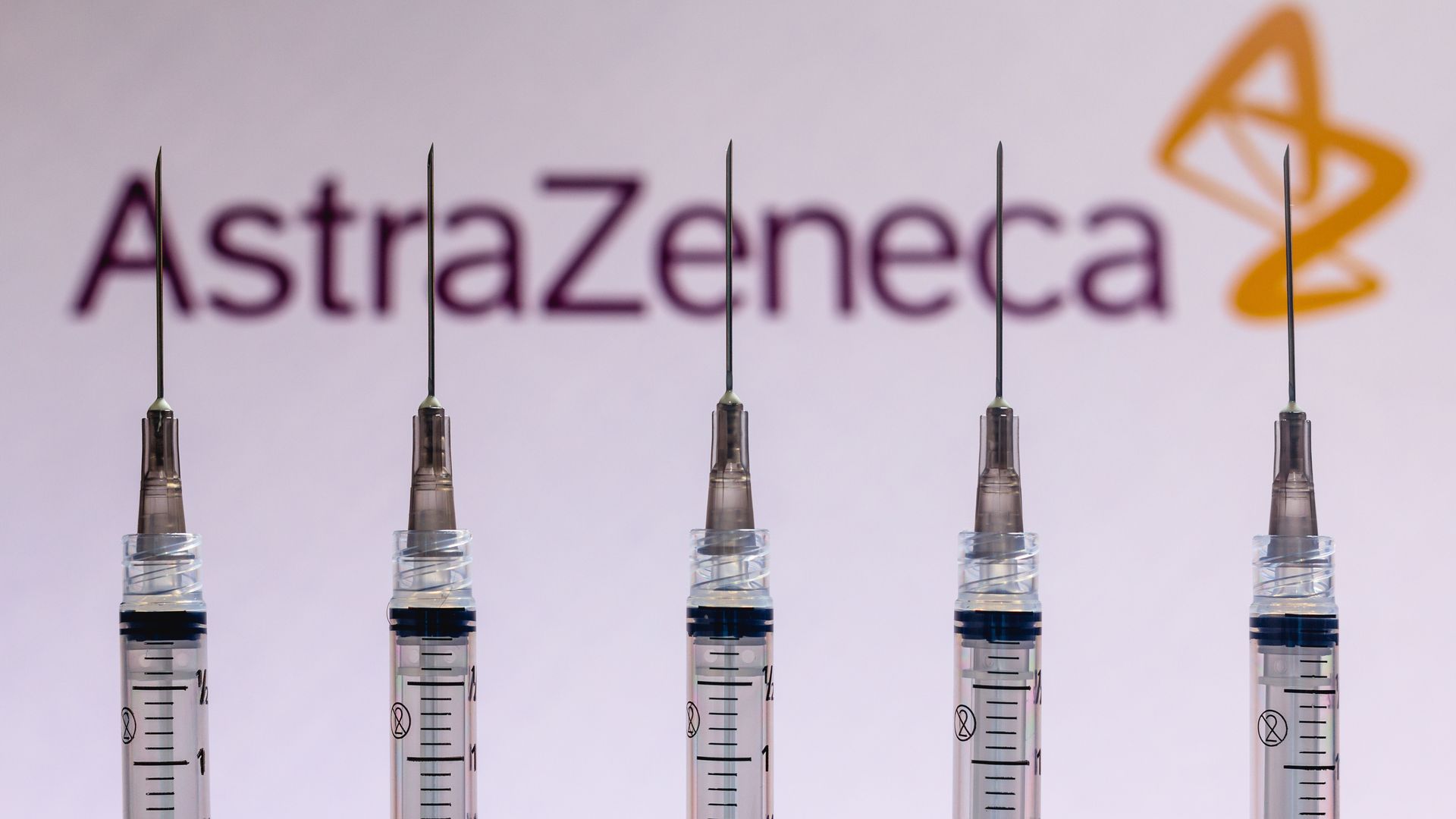Dec 8, 2020 - Health
Study confirms AstraZeneca's vaccine is moderately effective
Add Axios as your preferred source to
see more of our stories on Google.

Photo: Rafael Henrique/SOPA Images/LightRocket via Getty Images
Add Axios as your preferred source to
see more of our stories on Google.

Photo: Rafael Henrique/SOPA Images/LightRocket via Getty Images